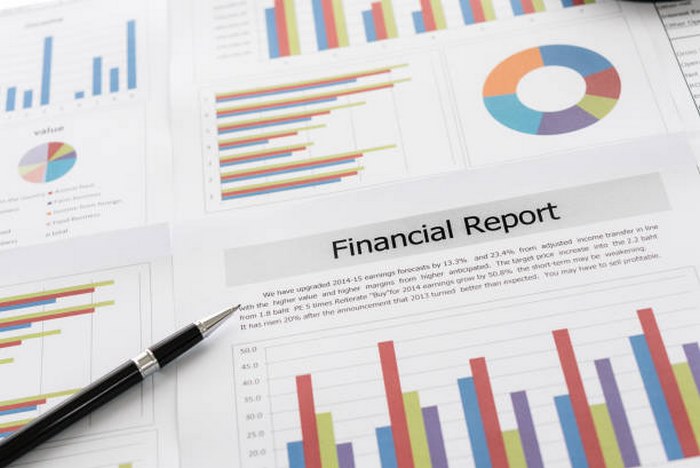- Trang chủ
- Tin Tức
Tin Tức
 04/07/2023 - 13:35
Financial Risk Assessment: Safeguarding Business Stability
04/07/2023 - 13:35
Financial Risk Assessment: Safeguarding Business Stability
In the ever-changing landscape of the business world, financial risk assessment plays a critical role in ensuring the stability and resilience of organizations. By conducting a thorough evaluation of potential risks, businesses can identify vulnerabilities, implement effective risk mitigation strategies, and safeguard their financial well-being. This article explores the concept of financial risk assessment, its significance, key steps involved, common types of financial risks, tools and techniques for assessment, implementation process, and the benefits and limitations associated with it.
 04/07/2023 - 13:30
Financial Risk Analysis: Mitigating Business Uncertainties
04/07/2023 - 13:30
Financial Risk Analysis: Mitigating Business Uncertainties
In today's dynamic and complex business environment, financial risk analysis plays a crucial role in mitigating uncertainties and safeguarding the stability of organizations. By understanding and assessing various financial risks, businesses can make informed decisions, develop effective risk management strategies, and protect their financial well-being. This article delves into the concept of financial risk analysis, its significance, key components, common financial risks, tools and techniques for analysis, and the implementation process.
 04/07/2023 - 13:28
Financial Results of Companies
04/07/2023 - 13:28
Financial Results of Companies
In today's fast-paced business environment, understanding and analyzing financial results is crucial for both investors and stakeholders. Financial results provide valuable insights into a company's performance, profitability, and overall financial health. By examining key financial statements and analyzing various ratios, stakeholders can make informed decisions and assess the financial viability of a company. This article explores the importance of financial results, key financial statements, factors affecting financial results, and how to interpret them.
 04/07/2023 - 13:21
Financial Reporting and Analysis
04/07/2023 - 13:21
Financial Reporting and Analysis
Financial reporting and analysis play a crucial role in understanding the financial performance of a business and making informed decisions. In this article, we will explore the importance of financial reporting, the key elements involved, analysis techniques, interpretation of financial statements, regulatory frameworks, and the role of technology in enhancing the process. We will also discuss ethical considerations, the relevance of financial reporting for investors and managers, and examine a case study to illustrate the practical application of financial analysis.
 04/07/2023 - 13:19
Financial Report Analysis
04/07/2023 - 13:19
Financial Report Analysis
Financial report analysis is a critical process that involves examining and interpreting an organization's financial reports to gain insights into its financial performance, position, and overall health. By analyzing key financial information, stakeholders can make informed decisions, assess risks, and identify areas for improvement. This article delves into the significance of financial report analysis, its key objectives, steps involved in the analysis process, financial ratios and metrics used, interpretation of financial ratios, limitations to consider, and best practices for conducting effective financial report analysis.
 04/07/2023 - 13:13
Financial Report
04/07/2023 - 13:13
Financial Report
Financial reports serve as crucial tools for organizations to communicate their financial performance and position to stakeholders. These reports provide a comprehensive overview of the organization's financial activities, enabling investors, creditors, and management to make informed decisions. In this article, we will explore the purpose of financial reports, different types of financial reports, key components of a financial report, the importance of accurate and timely financial reporting, legal and regulatory requirements, best practices for creating effective financial reports, common challenges in financial reporting, and the significance of transparent financial communication.